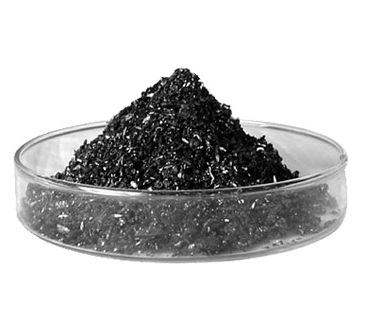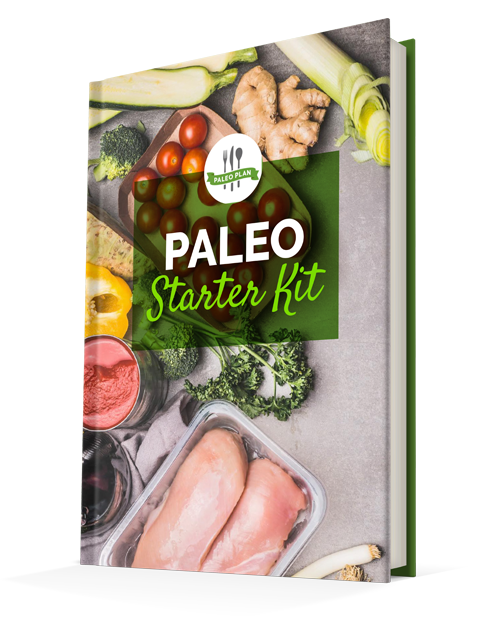 This post is a little weird because I don’t yet know the answer to the question the title poses just yet. I just know that I’m in the process of figuring this out for myself, and it’s becoming very clear to me that most of us are probably iodine deficient.
This post is a little weird because I don’t yet know the answer to the question the title poses just yet. I just know that I’m in the process of figuring this out for myself, and it’s becoming very clear to me that most of us are probably iodine deficient.
Why Do We Care?
Let me back up, though. I have had terrible breast tenderness for the last 3 months. By terrible, I mean that for 2 entire weeks of every month my breasts grow at least a cup size and hurt so much that they can’t be touched, hugged, or moved in any way really. Well, I’m sick of looking disproportionate for half the month and being afraid to hug people, so I started researching. Of course I learned in nutrition school that iodine affects–to name a few–breast, uterine, prostate, skin, eye, and thyroid health, but I inconveniently forgot about that. So when I found online that supplementing with iodine could solve my problem, I thought I’d found the holy grail.
For a while I didn’t have this problem. I was breast pain free for about a year, but then it all of a sudden came back. What was different? My husband and I just remembered that for at least part of that year we were regularly putting dulse flakes on our food, and dulse contains quite a bit of iodine. In fact, all seaweeds or algaes boast an abundance of iodine. Sea foods and sea plants are by far the highest food sources of iodine, which is why we’re all so deficient. Japanese, Icelandic, even traditional Irish people eat lots of sea plants. Traditional Japanese food often starts with a broth that’s made with fermented tuna and kombu, a sea plant high in iodine.
Where Is It In Your Diet?
The only thing in my diet that boasts any amount of iodine now that I’m not eating dulse anymore are my pasture raised eggs. I don’t even eat iodized salt anymore, and you probably don’t either if you’re Paleo. Here’s a cool site that shows the amount of iodine in a bunch of foods so that you can see how much your own diet is lacking in this crucial mineral. The recommended intake of iodine per day is 100-150 mcg. Many researchers think this number is astronomically and negligently low.
A teaspoon of dulse flakes contains about 330 mcg. If you were to eat a few ounces of hijiki, another sea vegetable found in Japan, you’d be getting 47,000 mcg of iodine. That’s 47 mg. And that’s about how much some iodine experts would have you supplement with if they knew you were deficient. Guy Abraham is a leading expert in iodine deficiency and thyroid health in particular and this is an epic article he wrote on the topic. In it, he says that he gave his thyroid patients 50 mg of iodine/iodide solution a day and saw fantastic results. They were given those amounts on a whole nutrition plan that included other supplements as well. Dr. David Brownstein wrote a book called Iodine: Why you need it, why you can’t live without it. These guys are the iodine pushers.
Is It Dangerous to Supplement?
Then there are people who think that iodine supplementation could be dangerous, potentially bringing on an autoimmune thyroid response. Chris Kresser wrote an article about it here that resulted in a ton of backlash from readers who swear by iodine supplementation. I believe he’s softened his views on iodine supplementation, and now warns that selenium must be taken with iodine so as to mitigate any potentially negative effects. Mark Sisson also wrote a nice, digestible article on iodine here.
So where does that leave us? It leaves me continuing to research. I have a phone appointment with my trusted naturopath tomorrow to discuss his views on it. In the meantime I’m reading myself delirious on the subject and placing iodine solution on my inner arm every day trying to test for iodine deficiency. Rubbing iodine on your soft skin is a bare-bones and maybe not so reliable way of deducing whether your body is deficient: if it’s totally absorbed in less than 18-24 hours, you’re likely deficient. Mine’s been disappearing in 6 hours. I’m thinking of getting the more legitimate urine test done instead.
If I decide it’s safe, will I take iodine? Would I take a supplement for the rest of my life if it could possibly make my periods less agonizing, my energy levels even higher, my sleep even better, my skin, hair, and nails more beautiful, and my breasts less painful? Hell yes. I’ll let you know what I find out soon.
Anyone else have any experience with iodine?
